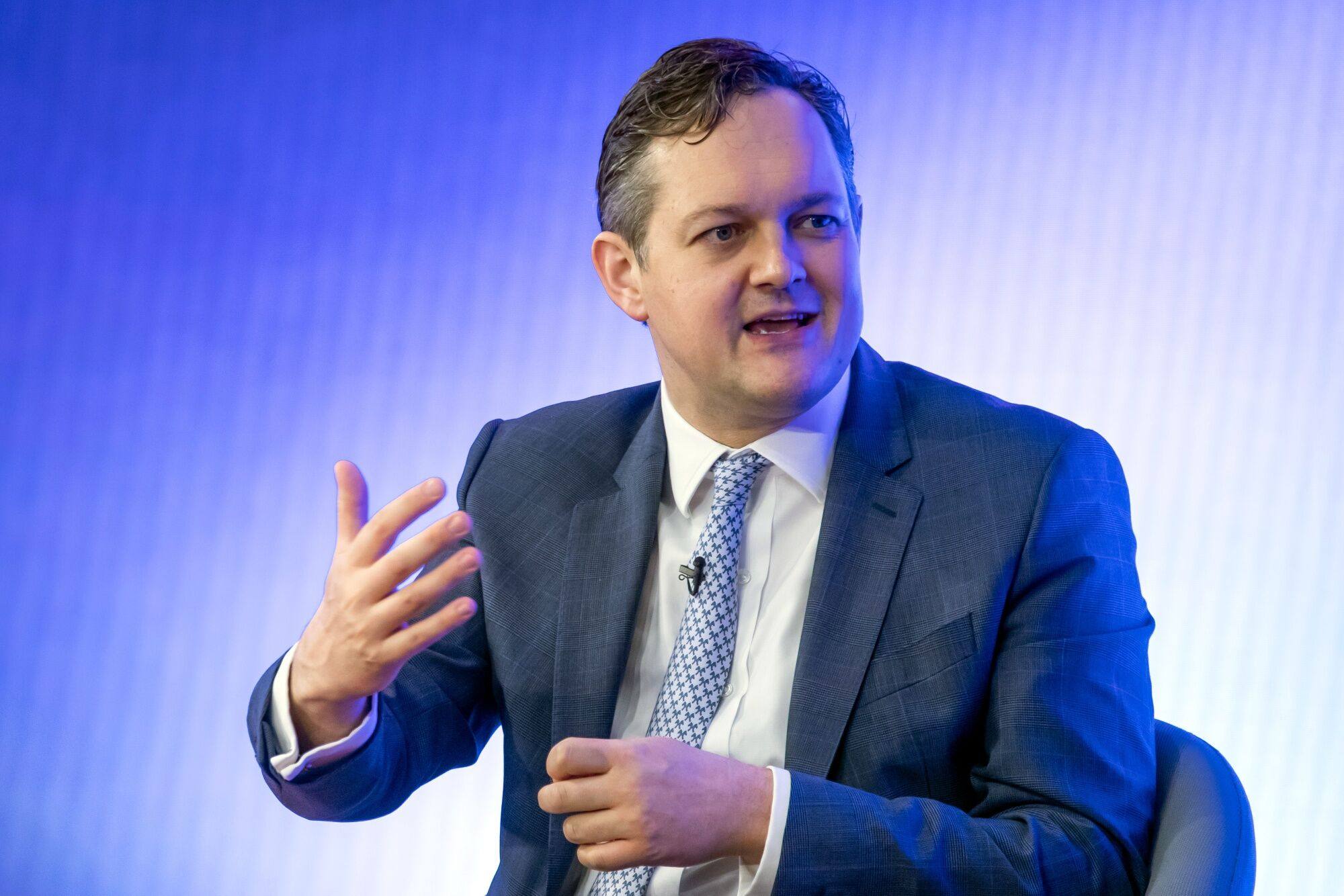
LME set to defend itself in 3-day trial in London over nickel chaos from last year’s trading freeze
- The HKEX-owned bourse faces lawsuits from US hedge fund Elliott Associates and quantitative investing firm Jane Street Global Trading
- The trial comes 15 months after the bourse suspended trading and cancelled nickel trades following a short squeeze in March 2022
“The LME maintains that Elliott’s and Jane Street’s grounds for complaint have no merit and are based on a fundamental misunderstanding of the situation on 8 March 2022 and the decisions taken by the LME,” an LME representative said. “All the actions taken on 8 March were lawful and made in the interest of the market as a whole.”
The case will be heard before two judges in the UK High Court over three days this week. Elliott is seeking US$456 million in damages, while Jane Street is seeking US$15.3 million.
Can HKEX-owned LME rebuild its reputation a year after nickel chaos?
The rapid price movement squeezed dozens of short-sellers, including the world’s largest stainless steel producer, Tsingshan Holding Group of China.
Since last year’s chaos, the LME has introduced a series of measures to try to avoid similar situations in the future, including daily price limits for contracts that require metals to be physically delivered when a futures contract expires.

Large off-exchange positions in nickel have been partially blamed for chaos.
LME to overhaul margins, introduce new nickel contract in market revamp
“I don’t think restoring confidence is something that just happens overnight,” Chamberlain told the Post on the sidelines of the LME Asia Metals Seminar in Hong Kong in May. “Every day you have to show you’re doing something to earn that trust, and people have to see the market behaving as it should, which it is, and then eventually, you get there.”

